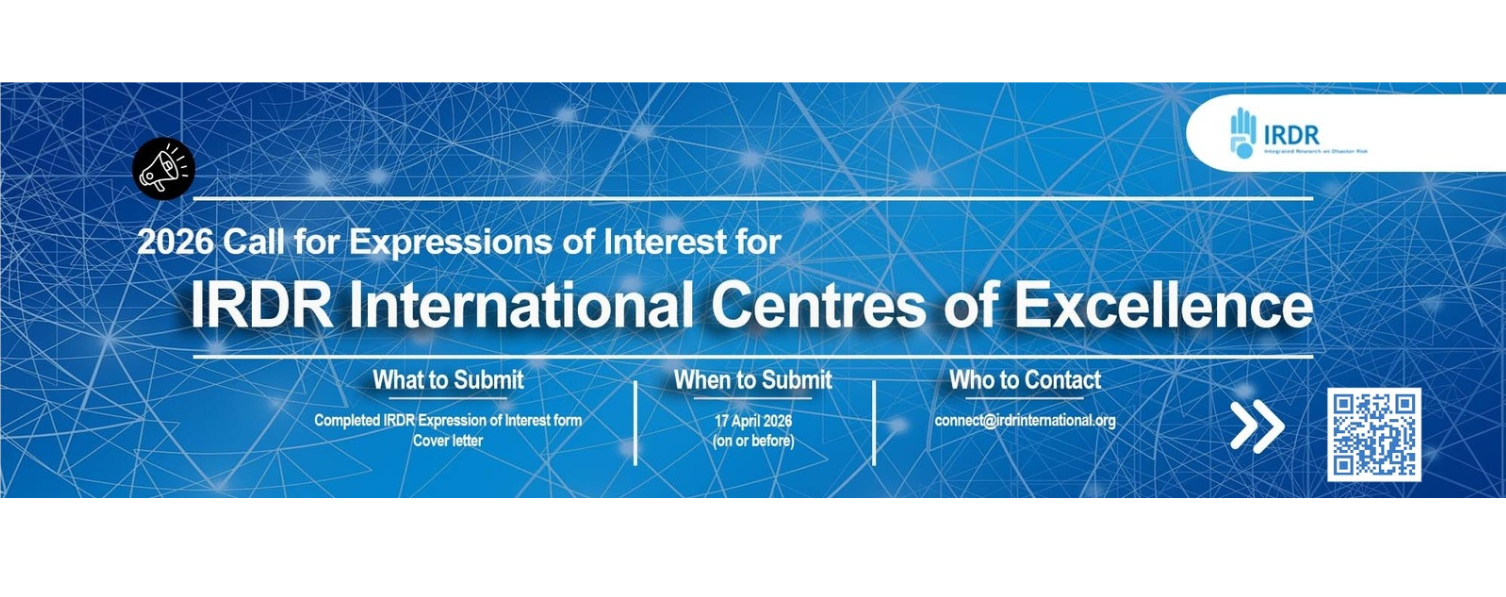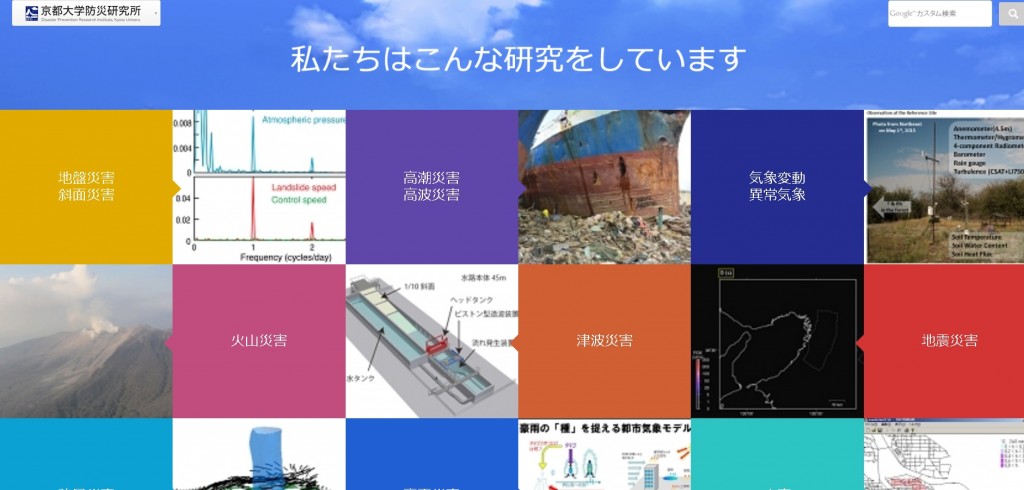The organisers of the 7th International Conference of Seismology and Earthquake Engineering held in Tehran, Iran, from 18 to 21 May 2015, convened a panel session on implementing the Sendai Framework for Action entitled “Science and Technology – from Theory to Practice”.
IRDR’s R. Klein was asked to elaborate on the structure of National and Regional Committees under the IRDR programme, and also referred to other regional initiatives in which IRDR is engaged. Under the title “The Role of Science and Technology in formulating and implementing national to regional roadmaps for SFDRR”, speakers from a number of UN agencies, such as UNESCO, UNDP, UN-Habitat and UNISDR also elaborated their approaches to regional capacity building, knowledge transfer and concrete interventions in the region. The UNISDR speaker emphasised that one focus for the implementation of SFDRR would have to be improving the uptake of S&T knowledge by decision-makers and practitioners.
While the conference focused on earthquake risk reduction, Dr. Klein emphasized, that the integration of actors and approaches that IRDR is aiming for also encompasses the notion of advancing integrated all hazards approaches. In this context, he welcomed the opportunity for further exchanges with the delegation of the Economic Cooperation Organization (ECO), where one focus is also slow-onset disasters, such as drought. ECO is an intergovernmental organization of seven Asian and three Eurasian nations with a combined population of more than 400 million people, aimed at improving development and promoting trade and investment opportunities. As an ad hoc organization under the UN Charter (Chap. VIII), ECO pursues the establishment of a single market for goods and services. ECO’s secretariat and cultural department are located in Tehran.
The SEE-7 Conference, which is organized quadrennially by the International Institute of Earthquake Engineering and Seismology (IIEES) covered topics in Geology, Seismology, Technology, and Engineering. IIEES focuses on seismic risk reduction and mitigation in Iran and the surrounding region by promoting research and education in science and technology related to seismotectonics, seismology, earthquake engineering, and disaster risk mitigation and management. IIEES’ research activity covers all aspects of earthquakes from geological studies to retrofitting vulnerable structures as well as public education and professional training in relevant fields.





